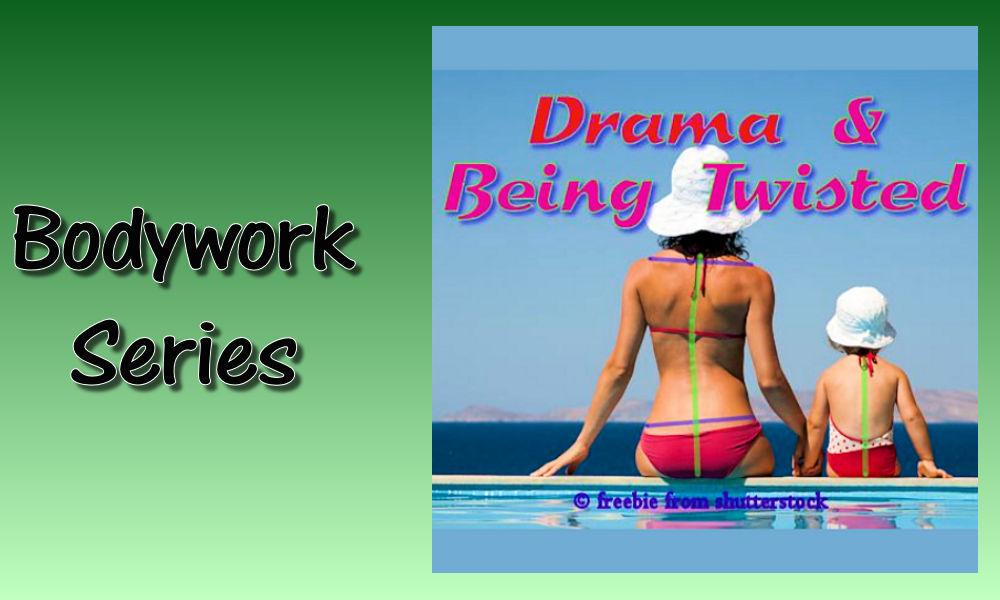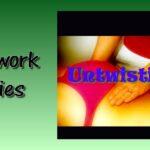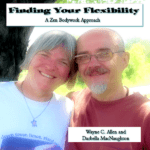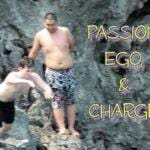Drama and Being Twisted — we look at letting go of the need to create charge by being dramatic
Lately, I’ve been having some interesting discussions around addiction. But not the kind you usually think of.
Our addiction to “drama and pain” leads us to tighten up. Our bodies twist, and we become rigid and stuck.
Addiction to Drama and Being Twisted
A while back I was talking with a friend about how often she slid into huge dramas. I said, “You’re addicted to drama, like an alcoholic is to drinking.” Given her family’s alcoholism history, that hit home.
Addiction to Pain
Many people only feel “normal” if they are in pain (emotional pain initially, physical pain as a “reward.”) My friend only feels normal when she sees herself as a victim.
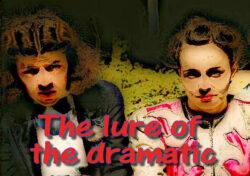
We are drawn… pulled… in directions we say we do not want to walk, and yet, there we are. We blame externals — other people, situations, etc. But take a look.
You ever notice how the people and things you wind yourself up over seem to have little or no effect on others?
Or conversely, the things others wind themselves up over seem silly to you.
If you are wise, you immediately realize that externals are not causal. In other words, all “situations” have multiple interpretations.
Thus, each situation has one result per “inter-actor.”
As we experience situations, we are pulled to run toward, or run away. This is hard-wired into our selves. We have a propensity toward one or the other.
Secondarily, our actions and beliefs create chemicals (the things you feel in your body are triggered by chemicals hitting pleasure / pain sensors.) Because of the triggered feeling, we are pulled toward what turns us on.
We see this chemical response in action during dramatic events. Most people move away or freeze, and some run toward the incident.
But the most interesting reaction is that of the professionals — soldiers, firefighters, cops, etc. If you watch, this happens: they react by flinching and perhaps moving one step away. And then you see the magic.
They stop, they breathe, and they turn toward, and move into danger.
Mind, overcoming chemistry.

This Endless Moment
An excellent guide to life and living.
Learn to focus your attention of who you really are.
Purchase all formats from Amazon
Purchase digital versions
(Apple, Nook, Kobo, etc.) from this page
Back to drama.
Drama is always a way to create “specialness.” Chemically, I become addicted to my self-importance. I puff out my chest, and demand that others “look at me.”
Here’s the odd part: it doesn’t matter what others do!
Drama making is not about changing others or the situation. It’s about creating internal charge. The more addicted you are, the more you do it. Just like an addict.
This is why, looking at it from the outside, drama people seem to be working so hard to make their case. They are typically dealing with issues others take in their stride, and developing patterns that go on for decades.
Drama people will tell you they are working on doing things differently, but mostly follow that with excuses for why, this time, they need another dose. Just like druggies.
And it is the same for any repeated behaviour that you recognize is harmful. Just like NA is the same as AA, except for the thing that is the addiction.
A word about pain addictions

My friend is starting to make the connection: she’s aware of the rush she feels when something goes wrong. Mostly, her relationships. For her, there is something big and dramatic about being dumped, or for staying in a dysfunctional relationship for months beyond its “best before” date.
You might be wondering why someone would set up their life this way. It’s because of the charge. The rush. the feeling of…
Pain, beautiful pain
My mom had a burning passion to be the sickest person in the room. She learned this by being sick with rheumatic fever, and getting tons of attention. Until she died, she spoke of her illnesses in superlatives, and always with a slight smile.
Example: Decades ago Darbella discovered that one of her neck vertebrae was mis-formed. She needed neck fusion. My mom commiserated. “I know exactly how you feel. I broke my ankle once, and it was terrible!”
MY friend and I described her pain, her “feeling hard-done-by,” and her staying in bad relationships, as “Sort of like a pain orgasm.”
My point here, which I’ll expand on next time, is that our conditioning takes what we have experienced, and hard wires it in. It’s why habits are hard to break. And it’s not just wiring. It’s the pleasure chemicals that get triggered… it feels good to be bad.
We encourage self-exploration and self-expression, plus a change of behaviour.
In Bodywork, we look for sounds to come out. For anger and sadness to come out. To be safely enacted.
The result?
“It feels so good to just let go! To feel, to express, to ask for what my body needs, and to know this is a much more healthy alternative to playing drama games.”
I think each of us needs to explore what we are setting up to get our needs met, and to figure out ways to deal with what we need, without creating drama, using manipulation.
We could just cut to the chase and ask for what we actually want.
Look again at the top photo, of the adult and kid. Both are sitting comfortably. The kid’s spine is straight. The woman is twisted and non-level. I see that a lot. It’s about blocked passion. Most people are “twisted.”
Next time, I’ll talk a bit more about pleasure and pain.

